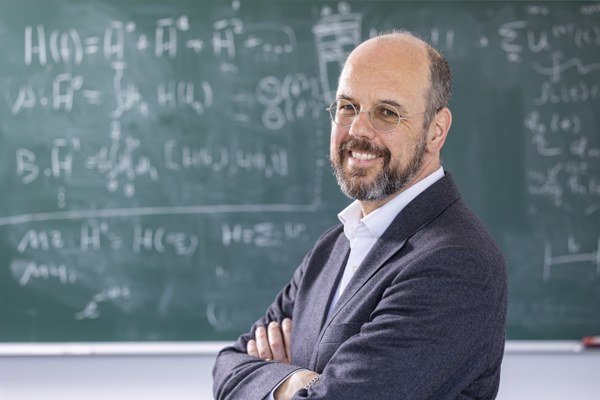
Prof. Dr. Tommaso Calarco
Director, Institute for Quantum Control PGI-8
Adresse
Forschungszentrum Jülich GmbH
Wilhelm-Johnen-Straße
52428 Jülich
Peter Grünberg Institut (PGI)
Quantum Control (PGI-8)
Gebäude 05.3 / Raum 272c
Warum und woran ich forsche
Our Institute specializes in novel optimization strategies for emerging quantum technologies. These emerging technologies aim to provide transformative changes to our society, including how we think about information, and unlocking vast calculations for the natural sciences, logistical problem solving, and high-performance computation. Our team has pioneered the application of quantum optimal control methods to quantum computation and many-body quantum systems. This includes the development of physical models and model reduction techniques as well as algorithmic advances of in-situ optimization and machine learning to tackle the complex processes inherent to scalable quantum devices.
